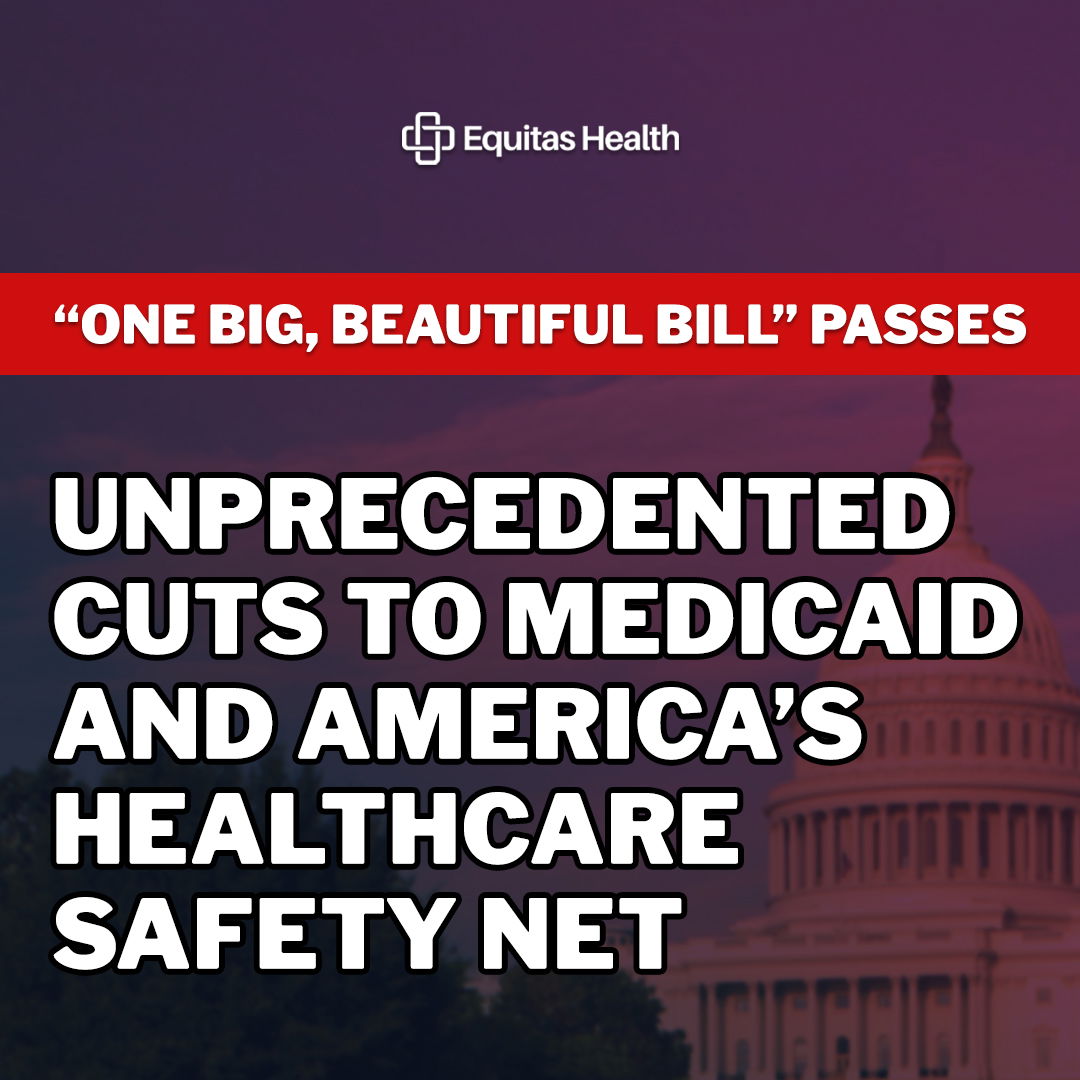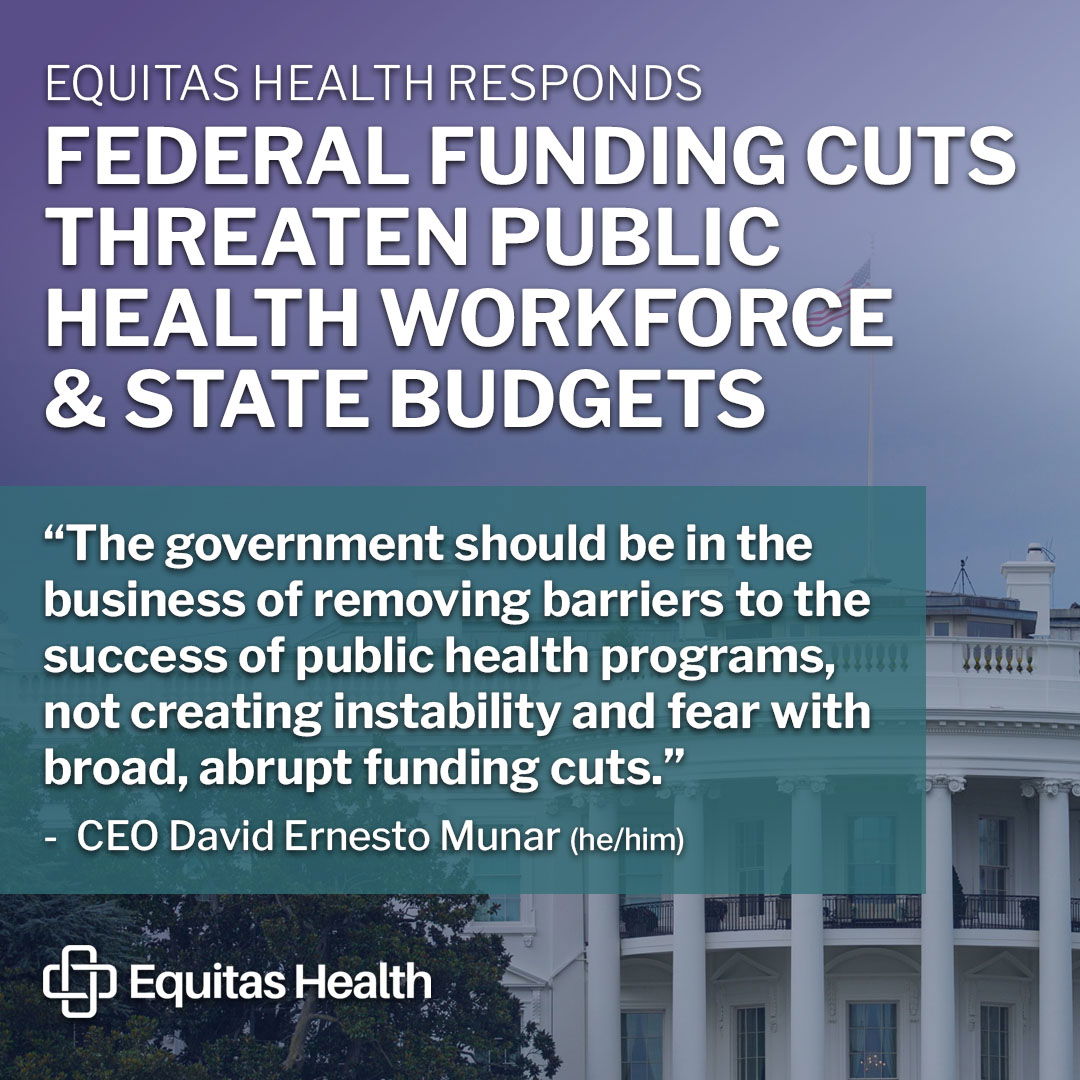Public Statement 1/18/24
On January 17, Equitas Health sent public comments on changes to Rule 5122-14-12 & the addition of Rule 5122-26-19 proposed by Gov. DeWine & the Ohio Department of Mental Health and Addiction Services (MHAS). If approved, both rules would greatly reduce access to lifesaving gender-affirming in Ohio. Equitas Health strongly recommends that MHAS makes none of the proposed changes to Rule 5122-14-12 & rejects Rule 5122-26-19 completely.
Tomorrow is the last day to send public comments to MHAS on their proposed restrictions to gender-affirming care. Tell MHAS how you feel about their attempt to deny lifesaving healthcare to trans people in Ohio. Send an email to MH-SOT-rules@mha.ohio.gov by 5 PM on Jan. 19.
Please use “Comments on Gender Transition Care Rules” as the subject line of your email.
For ongoing updates, community resources, and ways you can help fight to protect gender-affirming care in Ohio, visit protectgac.equitashealth.com.
Read our full comments on both rules here.

Blog 12/18/25




Public Statement 3/28/25

Blog 1/8/26

Blog 12/18/25